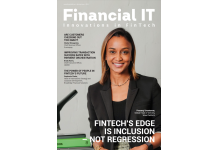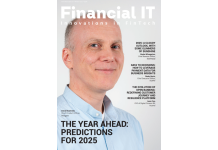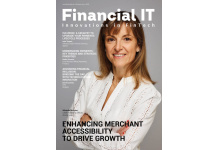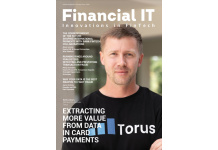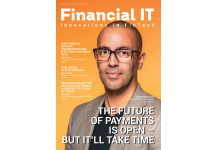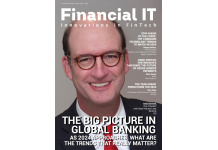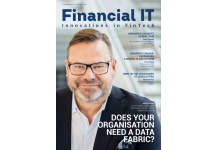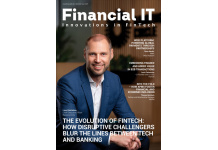Financial IT Special Money 20/20 Issue-June 2017
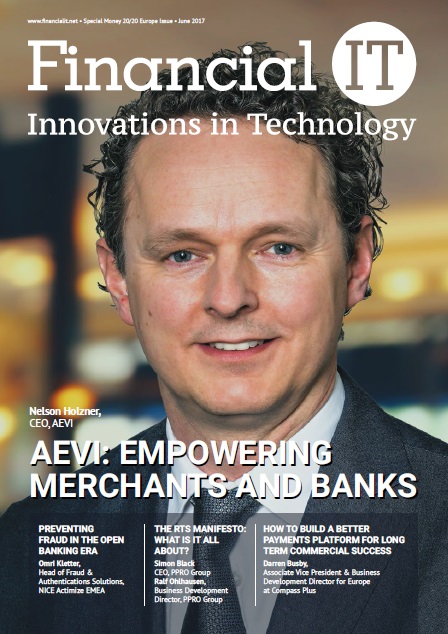
- 12 Jun, 2017 08:00 am
Most of the organizations that take part in the Money 20/20 Europe event, which takes place in Copenhagen at the end of June 2017 can loosely be defined as financial institutions or FinTechs. However, the scope of the conference goes way beyond the financial sector.
As the conference organizers note on their website,it is not a financial revolution that is underway, nor a technology revolution that is underway, but something much more fundamental: a commerce revolution. The organisers of Money 20/20 Europe have correctly sought to include the widest possible variety of stakeholders: financial institutions, providers of payments and other financial services, investors, consulting firms, government bodies, data/marketing services providers, retailers (be they operating online or in the traditional manner), and the mobile e-commerce (m-commerce) ecosystem.
In short, the issues that are being dealt with by the stakeholders have an impact on global commerce, global trade and the global economy. Even if they did nothing else, the organisers deserve congratulations for providing a user-friendly forum for all the
stakeholders.
In the previous edition of Financial IT, we highlighted how it is not easy or helpful to be categoric about the main area(s) of interest of any given FinTech firm. There are large overlaps between the various areas of FinTech as we would see them here at
Financial IT. For instance, Artificial Intelligence (AI) is often a key element of mobile banking solutions, while Blockchain often plays a key role in security/ KYC solutions, and so on.
The Money 20/20 Europe event highlights how it is not easy or helpful about where financial services ends and where commerce generally begins. As usual, the articles in this edition of Financial IT appear at first glance to be eclectic. Some focus on the implications of the European Union’s Second Payments Services Directive (PSD2). Others look at specific topics such as cybersecurity, while others emphasise collaboration between FinTechs and financial institutions. The thread that runs through all of the articles is the need for all stakeholders in the commerce revolution to work together to build trust. Money can only function as a unit of account, a medium of exchange and as a store of (deferred) value if the organization or government that is issuing it is trusted. As PSD2 has recognised, commerce will flourish only if consumers genuinely feel that they are getting a good deal from the FinTechs and institutions that are handling the consumers’ payments. Building cybersecurity is essential if the commerce revolution is to flourish and provide positive outcomes for all. Of course, the innovative companies that ensure the delivery of positive outcomes may well be companies that are currently new and, by any standard, small. In this edition of Financial IT, we revisit our 2016/2017 Pathfinder Ranking. Over time, we will be looking to produce a definitive ranking of the 50 most promising new FinTech companies. Nominations have been sought from Financial IT’s community of readers and subscribers.
In short, we hope very much that we can contribute to the dialogue and debate that will shape the landmark Money 20/20 event in Copenhagen.





